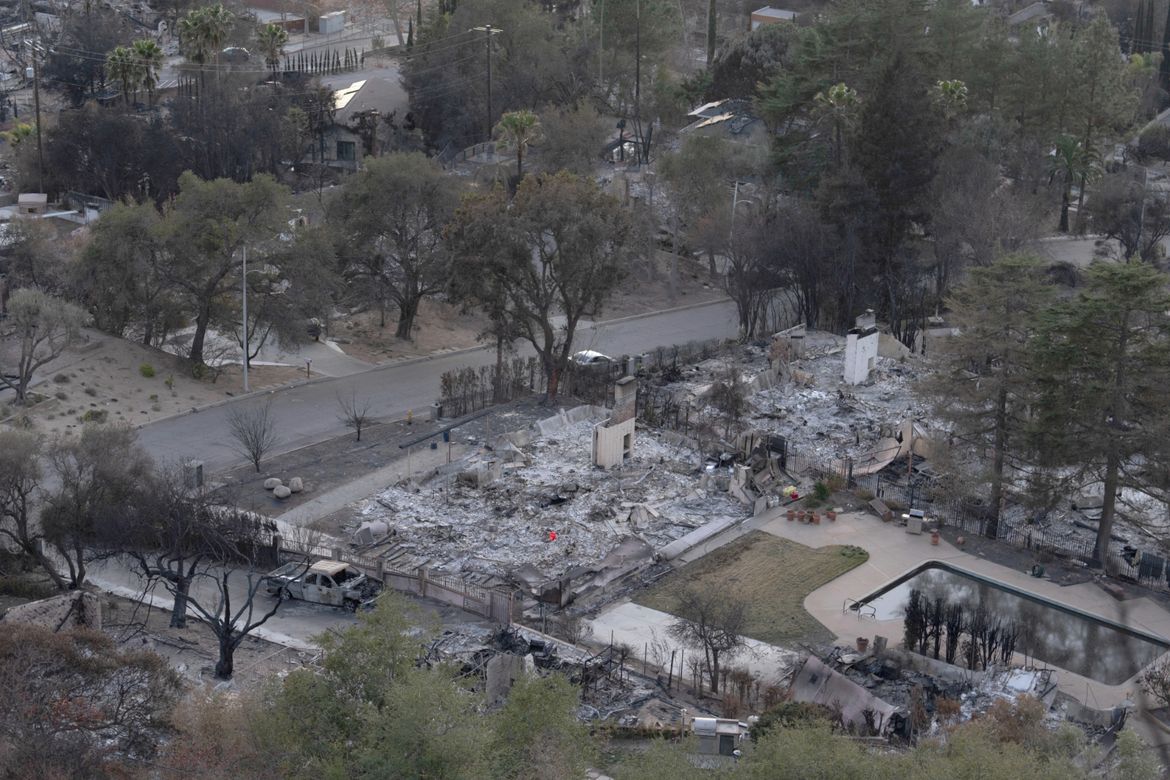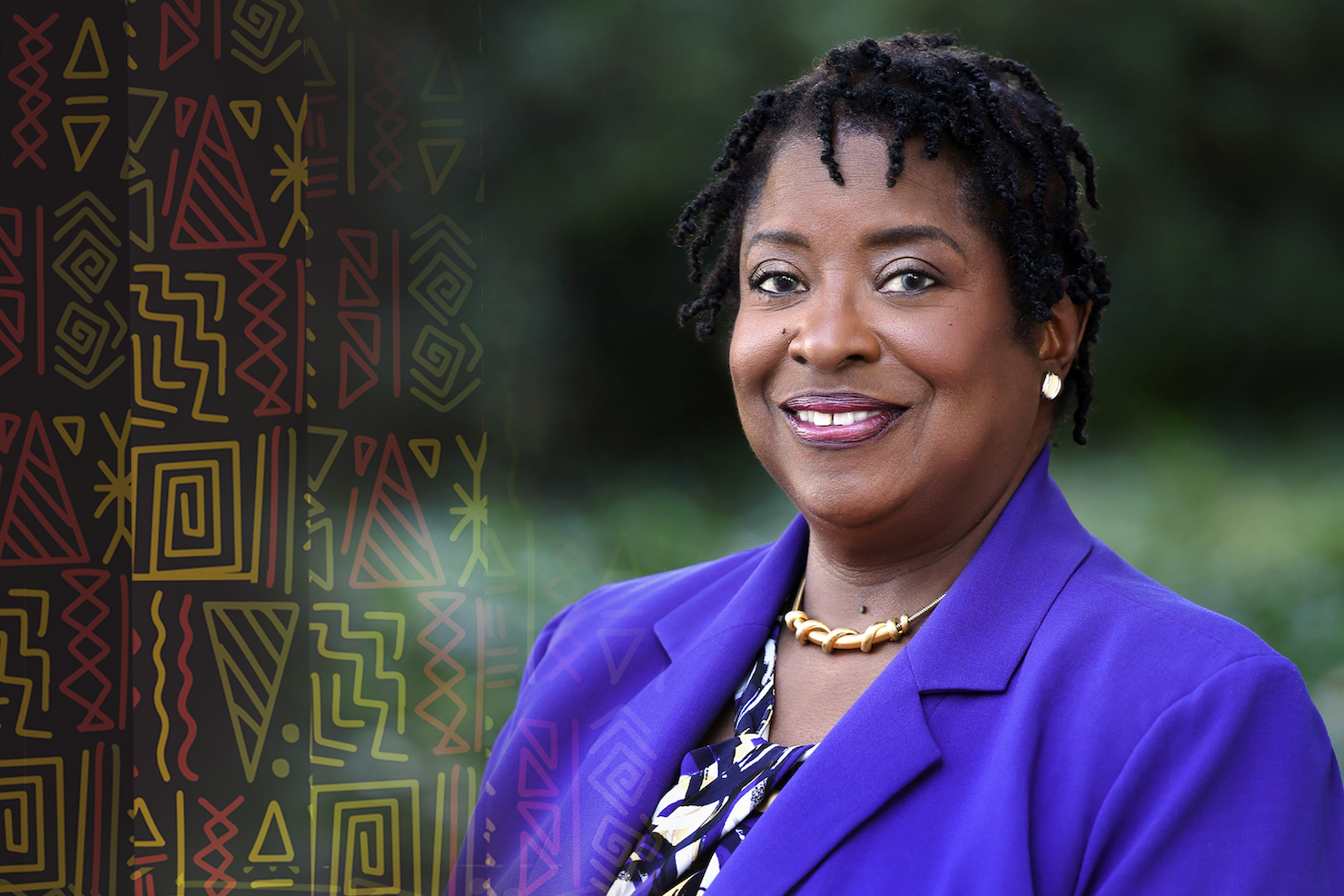UCLA study shows systemic inequalities and redlining practices contributed to fire vulnerability and impacts

The 2025 aftermath of the Eaton Fire in Altadena. / Photo Courtesy: Mayra Beltran, Los Angeles County
Kacey Bonner
The Eaton Fire has had devastating and disproportionate impacts on Altadena’s Black community, according to a new data brief from the UCLA Ralph J. Bunche Center for African American Studies, the UCLA Center for Neighborhood Knowledge and the UCLA Latino Policy and Politics Institute.
“Altadena’s Black community has long served as a symbol of resilience and opportunity in the Los Angeles region, but the Eaton Fire exposes how decades of segregation and the legacy of redlining practices have left Black households more vulnerable,” said Lorrie Frasure, a professor of political science and African American studies who directs the Bunche Center. “The recovery process must acknowledge this historic legacy and the disparities stemming from it to provide tailored support that ensures the restoration and future of this vibrant community.”
According to the report, at least 2,800 Black households were forced to evacuate within a day of the Eaton Fire’s outbreak on Jan. 7, 2025. As flames ravaged the area, a disproportionate number of homes damaged or destroyed were concentrated in neighborhoods historically occupied by Black residents. Now, the middle-class enclave not only faces the challenge of rebuilding and restoring residents’ homes, but also the long-term challenges stemming from systemic inequities to sustain and grow this historic Black community.
The study highlights several key findings:
- Disproportionate impact: 61% of Black households in Altadena were located within the fire perimeter, compared with 50% of non-Black households. Nearly half (48%) of Black households were destroyed or sustained major damage, compared with 37% experienced by non-Black households.
- Impacts of redlining and legacy of housing discrimination: Historical redlining practices resulted in the concentration of Black families into the areas of Altadena most affected by the fire, exacerbating vulnerabilities.
- An aging population at risk: With 57% of Black homeowners in Altadena over age 65, many face unique barriers to recovery, including the possibility of insufficient insurance and risks of financial exploitation related to rebuilding or restoring their homes.
- Interruption of generational wealth and declining homeownership: The fires will directly disrupt the passage of property to younger Black community members, making the transfer of generational wealth in this community uncertain. Additionally, rising property values and preexisting barriers to homeownership for Black buyers prevent younger Black people from buying in the area. These two factors threaten to erase Altadena’s Black community altogether.
The data brief notes that Black residents impacted by the Eaton fire, which burned more than 14,000 acres, will face unique challenges that require tailored solutions to address systemic inequities exacerbated by this crisis.
“The Eaton Fire has the potential to accelerate the decline of Altadena’s Black community, erasing generations of progress,” Frasure said. “Policymakers and relief organizations must act swiftly to protect the legacy and future of this historic community.”
“It is critical to place the consequences of the Eaton Fire in a broader historical and societal context,” said Paul Ong, research professor and director of the UCLA Center for Neighborhood Knowledge. “Doing so highlights the numerous challenges and inequalities African Americans face in the United States today.”
The authors stress that Altadena, a hub of Black homeownership and cultural vibrancy, now faces an uncertain future. They point to their findings as a stark reminder of the systemic inequities that persist, at least in part, due to the legacy of discriminatory housing policies. Their report calls for disaster recovery strategies that are equitable – prioritizing not only immediate restoration but also the sustainability of historic communities, which remain among the most vulnerable to disasters.
This story was originally published in the UCLA Newsroom on January 28, 2025


